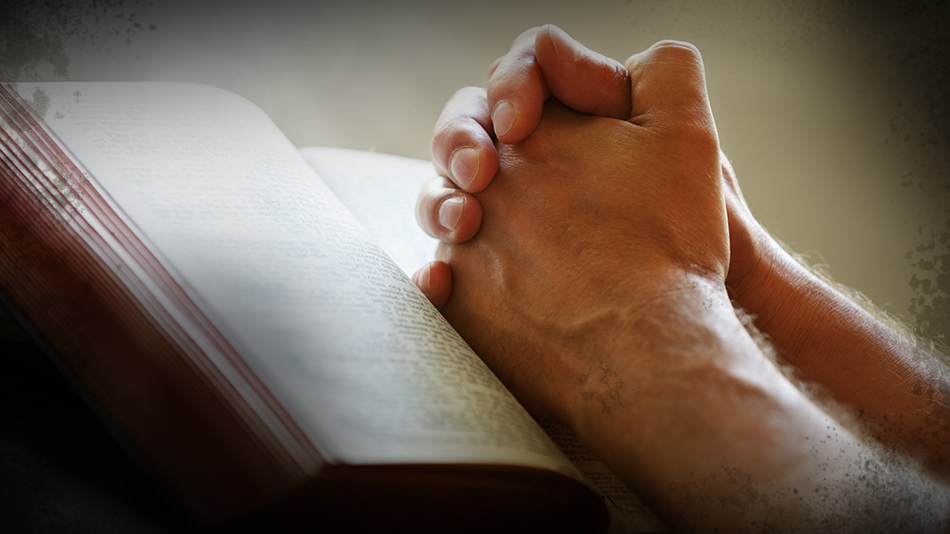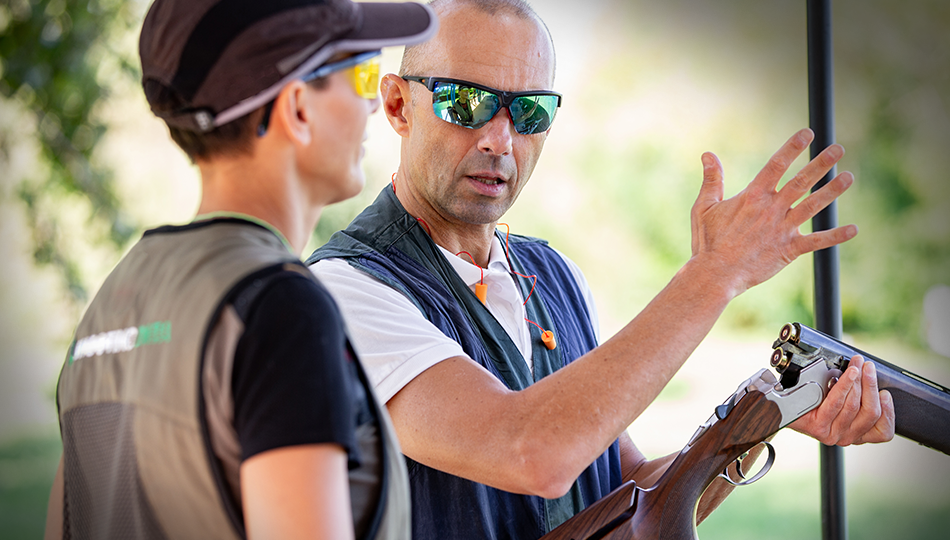
A church security team serves a vital role in protecting parishioners and staff during services and promoting overall church safety. While the church security team’s job description says as much, when most people think of a church security team, they probably imagine an armed response to an active killer. While this is certainly something that could occur, the church security team’s mission is more nuanced than that.
In addition to standing as the final bastion against an ultimate act of evil, church security also supports the church’s primary function: offering a safe and welcoming worship environment. With few exceptions, most church security teams are made up of church members taking an active interest in the safety of the church, concerned for the overall health and safety of their friends and family. They are often not professional security personnel with vast amounts of security experience.
Does Your Church Security Plan Account for the Aftermath?
While the threat of an active killer incident at a place of worship should be planned for, there are other threats a church security team should consider. When planning for these unfortunate events, it’s important to remember that the actions and judgment of the church security team members in a defensive incident are not always cut-and-dry.
For instance, when hero Jack Wilson shot and killed the man who had just seconds before murdered two people at his church in White Settlement, TX, it was all caught on video surveillance. Despite the incident being incredibly clear cut, Wilson required legal representation, which U.S. LawShield was honored to help him obtain during the 9-month grand jury process.
Not every situation is as clear, though, and it’s important to remember that good people can still face legal challenges after such an incident. Being proactive and having a plan before an event occurs is one of the most important aspects of personal protection. That importance only increases when someone is acting to protect others, as a church security team does.
Church Safety Includes Considering Ambiguity
Imagine this following hypothetical use of force incident that isn’t as straightforward as the White Settlement event. A church security team member named Joe is tasked with guarding children during Sunday school by standing outside the classroom and signing children in and out from class as their parents drop them off and pick them up.
Things are going smoothly until the father of one of the children comes to take his child out of school early. But Joe knows the father didn’t bring the child to school this day. Additionally, the child’s mother has told church leaders she’s filed a protective order against the father that limits his access to her and the child and that she’s scared he may come to try and take the child away. The couple is in the middle of a nasty divorce and custody dispute, and Joe is very aware of the situation.
When the father approaches Joe, he seems calm as he asks to sign the child out of school. Joe informs the father of the church’s policy that only the person who brought the child in can sign the child out, and he’ll need the mother’s permission. At this point, the father becomes visibly agitated with Joe, who is trying to deescalate the situation. The father becomes verbally abusive and tries to push past him. Joe blocks the father’s path and manages to back him away from the door, but suddenly sees the father place his hand on a gun he had concealed underneath his coat. Joe is certain in the moment that the father is about to draw a pistol.
Joe, fearing for his and the children’s safety, draws his firearm and shoots the father once, non-fatally, which ends the threat. This appears simple in the moment, but there’s a problem for Joe now. There’s no video evidence, and once the police arrive and begin their preliminary crime scene investigation, they can’t find anyone who witnessed or heard the initial altercation. Furthermore, the father claims that Joe shot him without cause after seeing the holstered handgun.
When the police interview the mother, she fails to corroborate that she expressed any concerns to the church and in fact the protective order was never filed. Suddenly, what initially seemed a very straightforward incident becomes ambiguous in the eyes of law enforcement. Joe now needs legal representation, fast.
Defending the Defenders
While this incident is hypothetical, it’s an entirely plausible scenario and goes to show the value of making sure that planning for the worst possible situation also includes planning for the legal aftermath. Part of protecting a congregation means ensuring that church security team members are prepared for the potential legal aftermath of an attack. U.S. LawShield is an affordable legal defense option that protects its members in both criminal and civil court, with no attorneys’ fees once your church security team becomes members.
A church security team steadfastly stands ready to protect the congregation if the unthinkable happens; let U.S. LawShield help protect THEM in the aftermath.
The information provided in this publication is intended to provide general information to individuals and is not legal advice. The information included in this publication may not be quoted or referred to in any other publication without the prior written consent of U.S. LawShield, to be given or withheld at our discretion. The information is not a substitute for, and does not replace the advice or representation of a licensed attorney. We strive to ensure the information included in this publication is accurate and current, however, no claim is made to the accuracy of the information and we are not responsible for any consequences that may result from the use of information in this publication. The use of this publication does not create an attorney-client relationship between U.S. LawShield, any independent program attorney, and any individual.





Sounds like a need for all security for church’s. Is this also involving training? I have recently been charged with evaluating our safety and security situation at church. Looking at various options Retired LEO